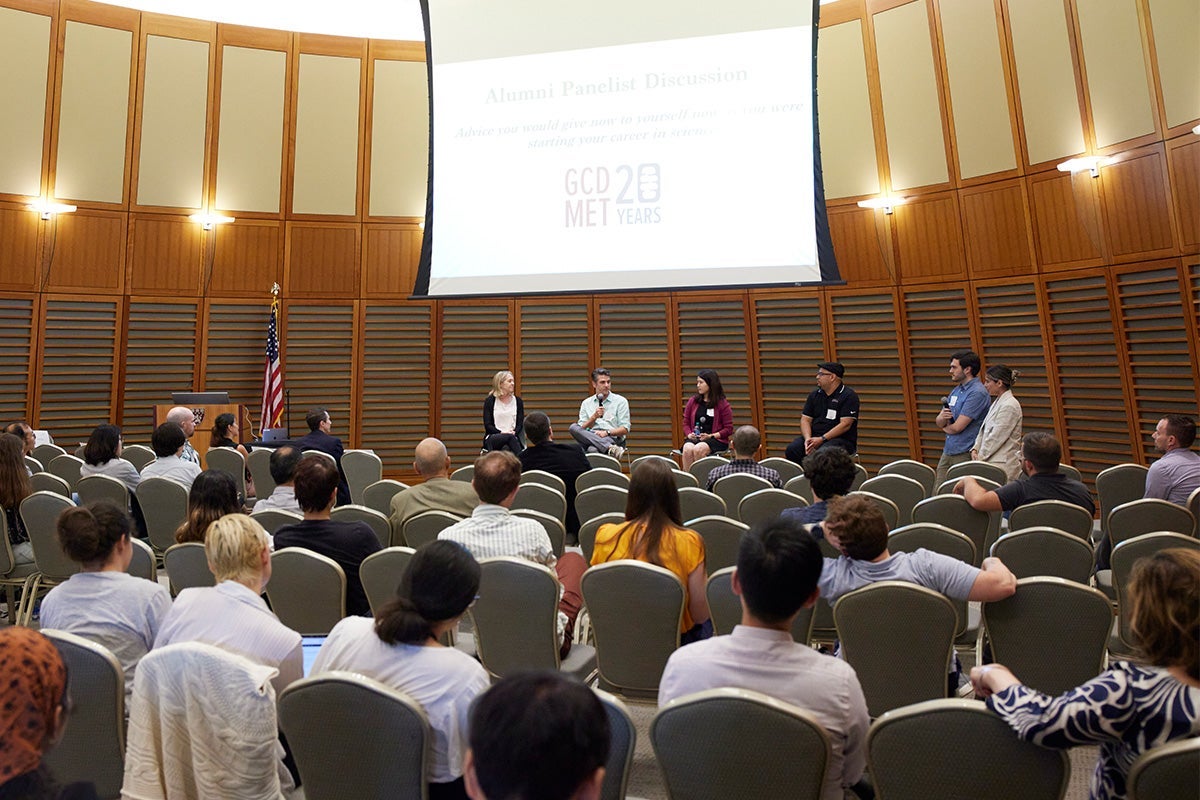Brendan Manning
Barry R. and Irene T. Bloom Professorship of Public Health
Molecular Metabolism, Harvard T.H. Chan School of Public Health
Departments
Department of Molecular Metabolism
Other Positions
Chair, Department of Molecular Metabolism
Molecular Metabolism, Harvard T.H. Chan School of Public Health
Related Links
Biography
Brendan Manning is the Barry R. and Irene T. Bloom Professor of Public Health, the Chair of the Department of Molecular Metabolism at Harvard T.H. Chan School of Public Health, a Professor in the Department of Cell Biology at Harvard Medical School, and a Faculty Member of the Dana-Farber/Harvard Cancer Center. Brendan received his BS from the University of Massachusetts, Amherst and his PhD from Yale University. He then joined the laboratory of Lewis Cantley at Harvard Medical School for his postdoctoral research. During this time, he discovered that the tuberous sclerosis complex (TSC) tumor suppressors serve as the molecular connection between the PI3K and mTOR pathways, thereby linking a signaling pathway activated in the majority of human cancers to a nutrient-sensing pathway that controls cell growth and metabolism. In 2004, he joined the faculty of the then newly established Department of Genetics and Complex Diseases at the Harvard School of Public Health (renamed Molecular Metabolism in 2019) to continue research at the interface of signaling and metabolism. Research in the Manning laboratory is particularly focused on regulation and function of the PI3K-mTOR signaling network in physiology, cancer, metabolic diseases, neurological disorders, and aging. Dr. Manning is a two-time recipient of the National Cancer Institute’s Outstanding Investigator Award.
Research in the Manning Lab is defining the molecular interface between cellular signaling networks and metabolic networks, as it relates to both normal physiology and diseases with metabolic dysregulation as a key feature, including cancer, diabetes, neurological disorders, and aging-related diseases. Research efforts are focused in part on defining the regulatory mechanisms and functions of a signaling network converging on the tuberous sclerosis complex (TSC) protein complex and the mammalian target of rapamycin (mTOR), which relay an array of extracellular and intracellular growth signals to control the balance between anabolic and catabolic metabolism in cells, tissues, and tumors.
Education and Training
-
BS,
University of Massachusetts -
PhD,
Yale University


